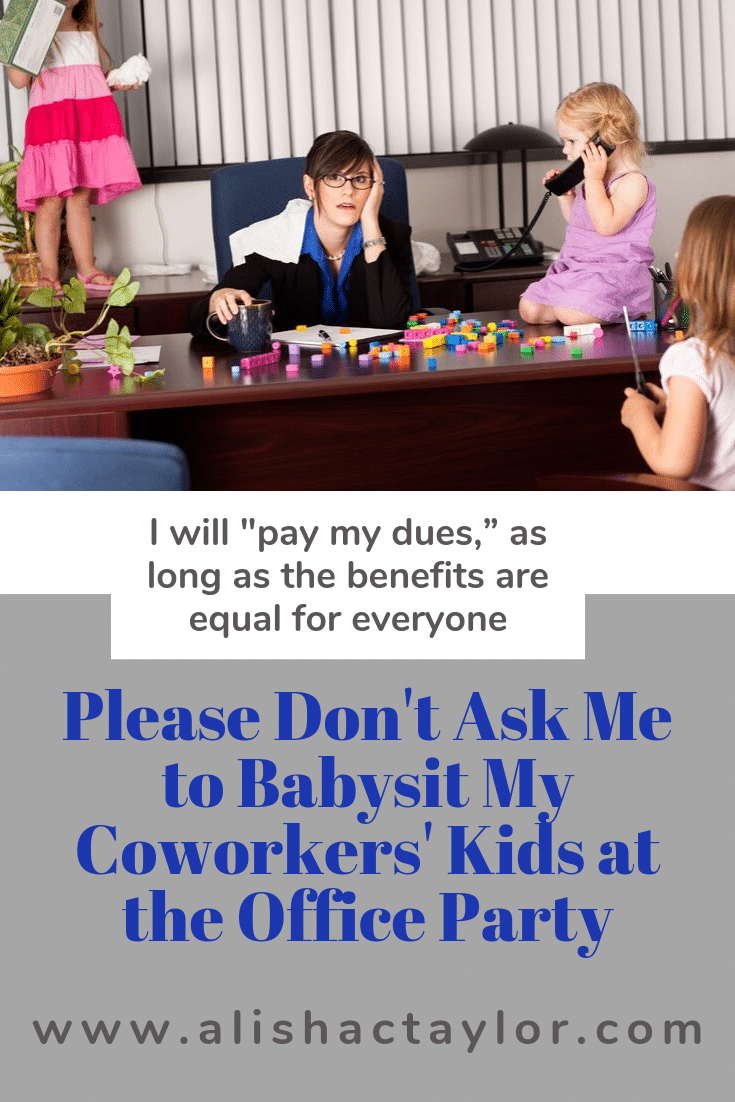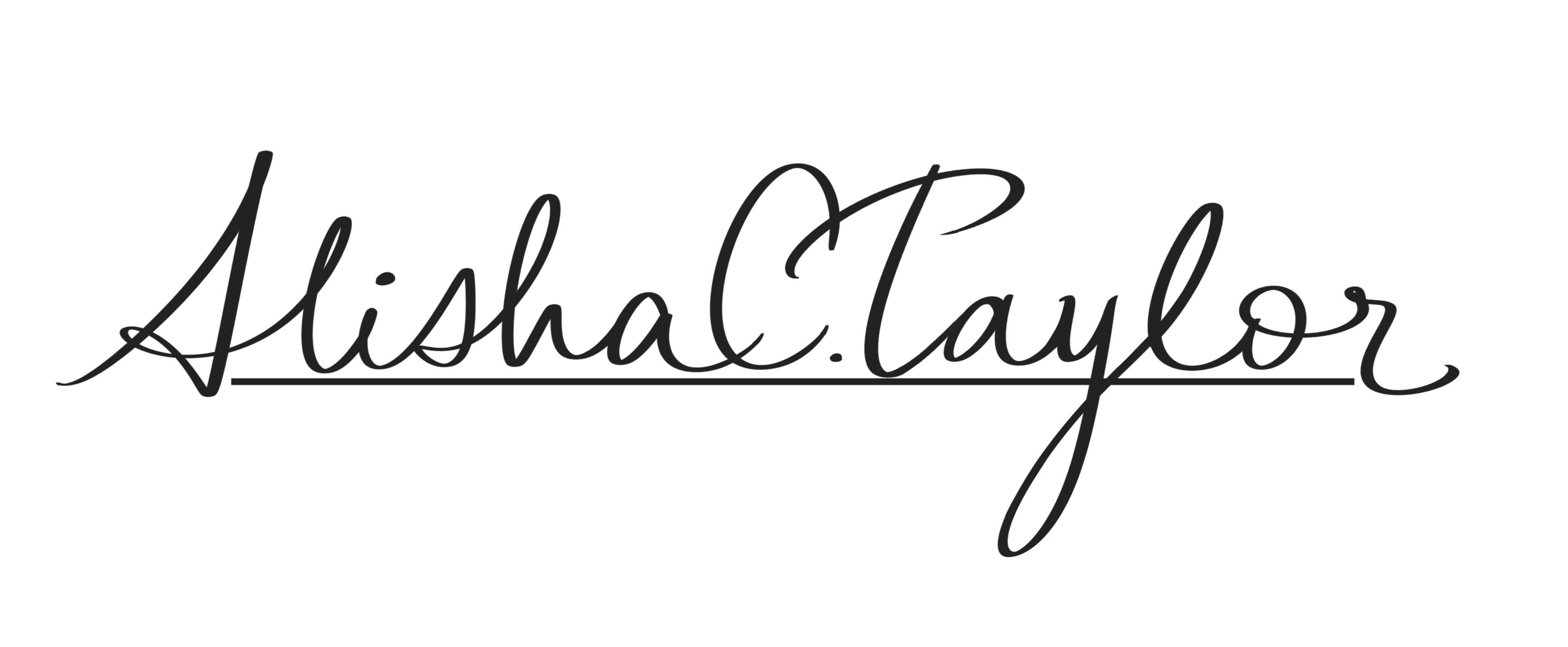
I chose not to attend my company’s highly anticipated lake party. A junior engineer, I craved opportunities to gain connections, mentorship, and visibility to advance in a male-dominated field. This party would have been a perfect prospect – company leaders and executives from our office and others would be attending.
I was looking forward to this party, until a series of emails and conversations convinced me otherwise.
“Can you sign up for a 30-minute slot to watch the bounce house at the party this weekend? Thanks in advance!” our party organizer chimed.
I responded, “Not sure what time I can make it there, or how long I can stay. Can I follow up with you later in the week? Have you asked John? He just mentioned that his kids love bounce houses, so perhaps he or other parents of younger kids wouldn’t mind filling those slots?”
“No, we’re looking for young employees to watch the kids so the parents can enjoy their time, too. Let me know if you can do that or help with set-up or clean-up, but I’ll plan on checking in with you on Friday for availability.”
Sounds like I would be required to help, but it’s a fine line determining the difference between being asked to “pay my dues” as a junior employee and the acceptance of low promotability tasks assigned to women.
I inquired with my colleagues about party duty signup and a resounding theme emerged – only women had been asked. This is not surprising given that a study found that women are asked 44% more often to volunteer than their male counterparts. This ask is usually rewarded – 76% of the time women will accept, while men accept only 51% of the time.
Much to my relief, the party organizer sent out the sign-up sheet to the entire office.
My relief was short-lived. The day before the office party I was asked if I could “watch over” and help children with their swimming at the party due to my lifeguarding background. As much as I loved teaching others to swim, this party didn’t seem to be the right occasion. Even though I would be attending a lake party, I was not comfortable wearing anything more revealing than capri pants and a cap sleeve in the presence of my older male coworkers and their families.
I wanted to be helpful and pay my dues, but suddenly this form of payment didn’t seem to be equal. Before I was ever aware of data that demonstrated that men were rated 14% more favorably for undertaking rote tasks and women were penalized for declining them, I somehow knew this wasn’t an equal opportunity.
By taking on childcare tasks at my company’s office party, I would be reinforcing a female stereotype that would negatively affect my promotability. I would be mommy-tracked before I even began to build my career (or family). Furthermore, I felt that by accepting this childcare role at work, I would be setting an unacceptable example for both office leaders and women that would follow in my path.
I strive for visibility and recognition, but decided that I would rather be invisible than visibly performing tasks of child care and cleaning at work.
I did not have the political capital to start a conversation about this, nor a mentor whom I felt would advocate on my behalf, so I declined. “Actually, I had something come up and can no longer attend tomorrow. Let me know if there’s anything I can do today to help out,” I responded.
I’ll likely never know the consequences of saying no, but I have no regrets about my decision at the time.
Where do you draw the line between “paying your dues” and performing low value, non-promotable tasks? I’d love to hear any similar experiences you may have had (i.e., “Please don’t ask me to _________”).


